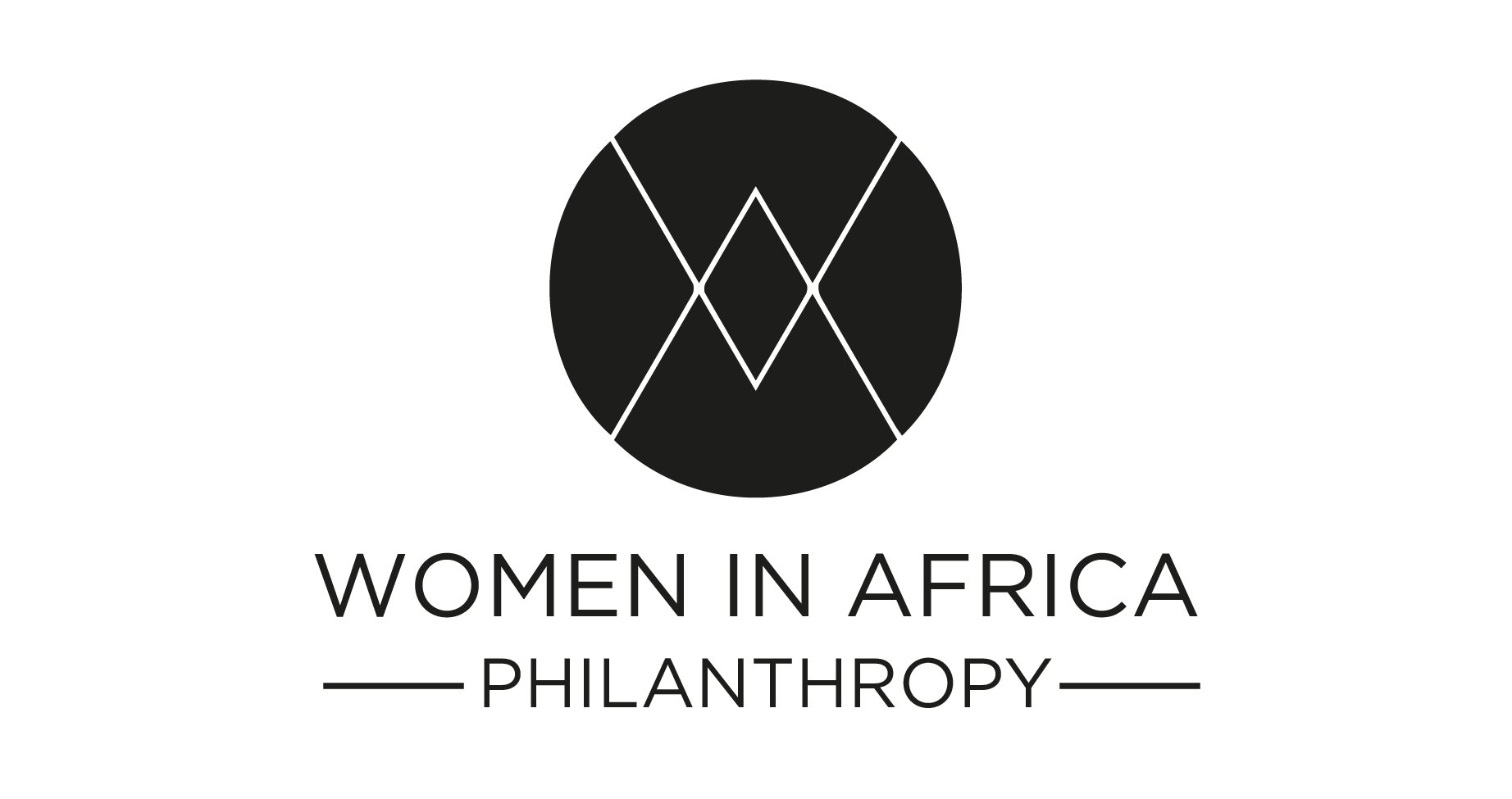Stop Hunger, a global network of non-profit organizations, works for a world without hunger. It relies on the Sodexo group to operate in 80 countries around the world. Stop Hunger has decided to accompany the Women In Africa Initiative. Interview with Clodine Pincemin, Director of Stop Hunger and in charge of sponsoring at Sodexo.
Stop Hunger’s creed is to act for a world without hunger. Extensive program! In concrete terms, what actions do you take ?
Thanks to financial support from Sodexo, all the donations made to Stop Hunger directly benefit the financing of activities in three areas: local assistance to the most deprived, empowerment of women, a suitable solution to overcome hunger in the poor communities and emergency assistance in the event of climate and humanitarian disasters. We rely on international partnerships, including the World Food Program (WFP) and the 1,200 local NGOs it supports.
This network of associations is the strength of your approach. In the area of aid, can we say that unity is strength?
Indeed. In addition to supporting the thousand NGOs and associations attached to the WFP, Stop Hunger also gathers foundations, endowments, institutions and a trust, specially adapted to the legislation of each country: Belgium, Brazil, Canada, United States, France, India, Romania and United Kingdom. These local organizations facilitate private or public donations, fundraise and report to their donors. They provide a concrete response to the needs of NGOs and their beneficiaries.

The Women In Africa Iniative network also brings women and organizations closer for women entrepreneurship. Is it that what brought closer ?
We particularly want to act in Africa where a quarter of humanity will live in 2050. Africa remains a paradox. Its economic dynamism attracts investors, its growth is close to 3% in 2018 and contributes more and more to that of the world, its population is the youngest on the planet and its natural resources are abundant. But despite these huge assets, 243 million Africans suffer from hunger, and famine returns to the Horn of Africa due to persistent armed conflict. Africa has all the means to play an active role in the United Nations Sustainable Development Goals (SDGs). For that, it is necessary to stamp out hunger, to make women the engine of agriculture and the economy by giving them access to the same resources as men: education, capital, land ownership, markets … For Stop Hunger, women are the engine of the future of Africa.
 Is support for rural women’s entrepreneurship one of the ways to fight against hunger and malnutrition?
Is support for rural women’s entrepreneurship one of the ways to fight against hunger and malnutrition?
The agricultural sector is a key in the fight against poverty and one of the drivers of emergence. Improving productivity must go through women. In Africa, they constitute nearly 70% of the agricultural force and produce about 90% of food. Their education, training and the same access to resources as men will increase agricultural yield. Girls’ education and young women also remains a major challenge on the continent. Female entrepreneurship is not only rural. We also support women traders through the «Stop Hunger Women’s Awards», with which we create programs.
 What actions has Stop Hunger taken to support women empowerment ?
What actions has Stop Hunger taken to support women empowerment ?In 2017, we invested more than $ 1 million in programs to empower women who fight against hunger in their communities. These programs are exemplary in terms of food self-sufficiency, education, training and access to employment. Regarding food self-sufficiency, in South Africa, we support Nonhlanhla Joye and her start-up Umgibe, an economic and social model of market gardening micro-cooperatives that support three thousand families in Durban townships. As for education, Stop Hunger has been a partner for three years at the «Happy Chandara» school in Phnom Penh, Cambodia, founded by Tina Kieffer. This campus educates 1,200 girls from families living in extreme poverty. Finally, regarding training and access to employment, in India, we are participating with WFP and Sodexo experts in a training program on school food security. Approximately 300,000 women will be able to acquire these skills and find jobs through this initiative.
 You intervene in 80 countries, what is special about your action in Africa?
You intervene in 80 countries, what is special about your action in Africa?With the support of Sodexo experts, we are helping WFP to design a sustainable program of free school lunches, and bolstering her work with women. This cooperative program, which is mainly deployed in Africa, stimulates production, consumption and local economies: schools buy food from small producers and traders. This creates a local network that benefits everyone. Thanks to the sponsorship for skills developed by Stop Hunger, «YEAH! Program» (Your Commitment Advanced Hub), we rely on the expertise in procurement, hygiene and food safety, nutrition, Sodexo teams, to ensure the quality and variety of school meals. We help improve the health and lives of millions of children on the continent.
 And how does your partnership with WIA Initiative fit into all these actions?
And how does your partnership with WIA Initiative fit into all these actions?We support the WIA Initiative because we share the same vision and the same desire to support the empowerment of African women and the development of their businesses.
You will present the Agricultural Innovation Award at the next WIA Initiative Summit. Can we say that this sector has been revolutionized by the New Technologies of Information and Communication (NICT) ?
Of course, the number of Internet users and mobile phones is exploding, but less than 30% of Africans still have access to the Internet and disparities between countries remain very enormous. Only ten countries, most of them coastal, would house 80% of the users. Here again, the differences between men and women remain high. The internet, after hunger, is another challenge for the continent.


